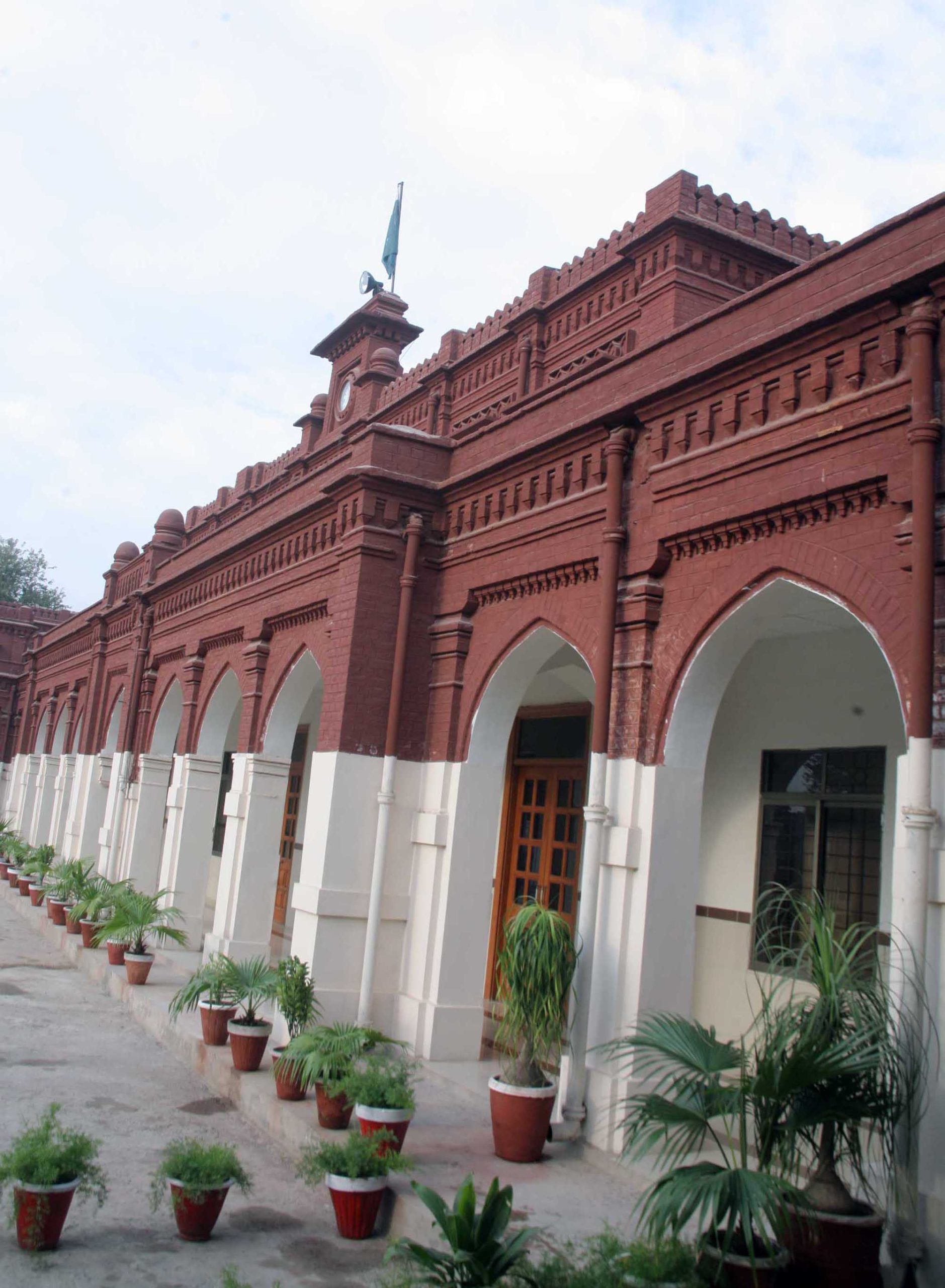- HOME
- ABOUT
- OFFICES
- Vice Chancellor’s Secretariat
- Registrar Office
- IT Services
- Treasurer Office
- Resident Auditor
- Controller of Examinations
- Student Financial Aid Office
- Office of Research Innovation and Commercialization (ORIC)
- Business Incubation Center
- Attorney Office
- Library
- Affiliation Cell
- Media Office
- Estate Care
- Hall Council
- Health Care Center / Dispensary
- Transport Office
- Security
- DIRECTORATE
- Academics
- Central Hi-Tech Lab
- Undergraduate Studies
- Advanced Studies
- Quality Enhancement Cell (QEC)
- Planing & Development
- Procurement & Inventory Control
- Students Affairs
- Sports
- Distance Learning Education
- Directorate of Industrial Linkage
- Directorate of International Linkage
- Directorate of Training & Development
- Directorate of Career Counseling & Alumni Affairs
- FACULTIES
- RULES
- EXAMINATIONS
- ADMISSIONS
- HOME
- ABOUT
- OFFICES
- Vice Chancellor’s Secretariat
- Registrar Office
- IT Services
- Treasurer Office
- Resident Auditor
- Controller of Examinations
- Student Financial Aid Office
- Office of Research Innovation and Commercialization (ORIC)
- Business Incubation Center
- Attorney Office
- Library
- Affiliation Cell
- Media Office
- Estate Care
- Hall Council
- Health Care Center / Dispensary
- Transport Office
- Security
- DIRECTORATE
- Academics
- Central Hi-Tech Lab
- Undergraduate Studies
- Advanced Studies
- Quality Enhancement Cell (QEC)
- Planing & Development
- Procurement & Inventory Control
- Students Affairs
- Sports
- Distance Learning Education
- Directorate of Industrial Linkage
- Directorate of International Linkage
- Directorate of Training & Development
- Directorate of Career Counseling & Alumni Affairs
- FACULTIES
- RULES
- EXAMINATIONS
- ADMISSIONS


Contact
- +92-41-9200886
- Government College University, Allama Iqbal Road, Faisalabad Pakistan
- +92-41-9200066
- gcuf@edu.pk
Social Media
Policies
Policies
Human Resources (HR) play a crucial role in creating organizations and ensuring their survival for rapid progress. HR policies in universities are of special significance due to their unique nature. The university community consists of three broad categories: teachers, students, and administrative & laboratory staff. The management of teachers, staff, and students differs from the administrative policies of industrial units, business enterprises, and production farms. A conducive environment must be developed to support studies, research, and technology transfer efforts. In formulating policies, input from all sections of the community should be considered.
As a general policy, the university aims to attract highly qualified staff (Ph.D. holders) and facilitate the training of young staff through three approaches. Firstly, by granting admission to M.Phil./Ph.D. programs within the university; secondly, by providing opportunities for higher education outside the university but within Pakistan; and thirdly, by supporting studies abroad. Teachers shall be encouraged to pursue continuous professional development through short courses and post-doctoral training, both within the country and internationally.
During the recruitment of staff at all levels, the principles of suitability and merit-based fitness should be strictly followed. A congenial work environment, professional cordiality, and career-building incentives should be provided, with built-in provisions within the system to ensure growth.
As a public sector organization, the university must adhere to government regulations and follow the spirit of the Supreme Court of Pakistan’s decisions regarding recruitment. All positions shall be advertised in the national press, with clearly defined qualifications and experience requirements as per the approved University Act and Statutes for each post. The Syndicate approves the recommendations of the Selection Board for BPS-17 through BPS-21 posts, while the Vice Chancellor approves the recommendations of the appointment committees for BPS-01 through BPS-16 posts. As part of the university’s retention policy, research contributions and efficiency shall be periodically reviewed and continuously improved.

The process of promotions and appointments to higher posts based on merit and fitness shall be made a regular feature.
To keep an organization thriving, it must continuously grow and develop in size, efficiency, and specialized capabilities. Universities, in particular, should always be in a state of progress and development, as they are responsible for producing new knowledge through research. As the university enhances the skills of its teaching, research, and administrative staff, these improvements should be utilized for capacity-building initiatives. The skill development of university teachers shall be facilitated through short-term training programs both within the university and externally, both nationally and internationally.
New laboratory equipment is being added to upgrade teaching and research facilities. Training for laboratory staff shall be conducted to meet evolving needs. Regular training opportunities shall be arranged at appropriate levels and forums. Administrative staff in lower grades shall receive continuous training within the university and at national institutions. Senior staff shall participate in university training programs as well as programs arranged by provincial and federal governments.
